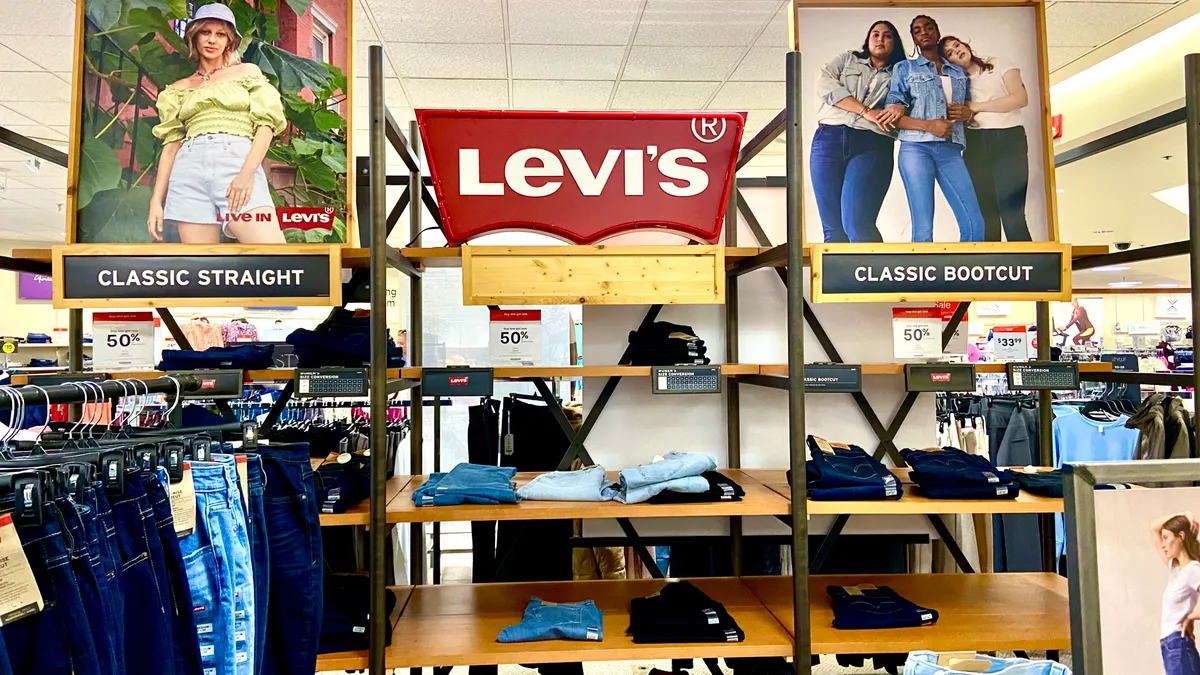Most retailers have to answer to the needs of both investors and customers, a tall order to be sure. When retailers are established as B corporations, however, they have another layer of obligations — to social interests that at first may seem to have no benefit to business.
The retailers that opt to become B corps, however, see the move as beneficial. Here’s why.
What they are
"Benefit corporation", sometimes shortened to “B corp,” refers to a legal corporate status that is established and legally recognized by 26 states and the District of Columbia. The term is often confused with “certified B corp.”
Certified B Corps are designated by third-party entities like the nonprofit B Lab, according to B Lab’s website, as meeting "rigorous standards of social and environmental performance, accountability, and transparency. B corp certification is to business what Fair Trade certification is to coffee or USDA Organic certification is to milk.”
Most corporations are bound by financial fiduciary duties to maintain shareholder value, making their business decisions primarily driven by the financial interests of its shareholders. An iconic 1919 court case, Dodge v. Ford Motor Co, brought the concept into sharp relief for American businesses. At the time, while Henry Ford wanted to use millions of dollars in profits to hire more workers and improve his cars, two shareholders took him to court, and argued successfully that he wasn’t paying enough attention — or money — to them. (The Dodge brothers eventually took those spoils and used them to expand their parts business into a full-fledged motor company and director competitor.)
Put simply, being a B corp certification adds a layer of responsibility, and sometimes legal obligation, to use business assets to further a company’s social and environmental priorities, which are made public and audited.
How to become a B corp
Warby Parker’s founders established their business right off the bat, while marketplace Etsy recently made the move. The steps any retailer must take to become a B corp depends on whether it aims to become a legal benefit corporation, a certified B corp, or both. The area is swiftly changing, especially when it comes to state statutes, so any one retailer should seek advice that takes into account its own particulars.
B corp retailers
In many ways, retailers are a natural fit for B corp status. Their constant, personal interactions with customers and their charitable efforts are often intertwined with their branding efforts.
Recently, more retailers are joining this club. Outdoor clothing gear retailer Patagonia had long operated under the philosophies of environmental sustainability, worker happiness, and longer-term profitability, fueled by the outlook of its founder, Yvon Chouinard. In 2012, though, some of Chouinard’s philosophies — which could otherwise go by the wayside, say, if financial times got tough or the board or CEO were to change — were encoded into the retailer’s mission and fiduciary responsibilities as a B corp under California law.
Warby Parker, Etsy, TOMS, and several other retailers have been established or have become certified as benefit corporations.
Why become a B corp?
The main question for any retailer regarding B corp status is "why?" There are no tax benefits per se, and the stipulations seem only limiting. But they may be better described as checks and balances. The idea behind creating benefit corporations, according to B Lab cofounder Jay Coen Gilbert, is to allow business to pursue entrepreneurial, profit-based goals and investment funding while also hanging on to a social mission.
"Becoming a for-profit corporation helps them scale,” Gilbert told Inc. magazine. “Becoming a B Corp helps them to hold onto their mission."
The status can serve as protection from the sometimes single-mindedness of shareholder interests, writes James Surowiecki in the New Yorker. In 2000, for example, ice cream maker Ben & Jerry’s founders didn’t want to sell out to multinational corporation Unilever, but, Surowiecki says, believed their fiduciary duties mandated the sale. Had they been a B corp, they may have had the legal standing to resist the sale and remain independent.
B corp status also appeals to many consumers, especially those in younger generations, as well as top talent. And it can help shift some of the profit-making focus to the longer term, says Patagonia founder Chouinard.
“Patagonia is trying to build a company that could last 100 years,” Chouinard says. “Benefit corporation legislation creates the legal framework to enable mission-driven companies like Patagonia to stay mission-driven through succession, capital raises, and even changes in ownership, by institutionalizing the values, culture, processes, and high standards put in place by founding entrepreneurs.”





















